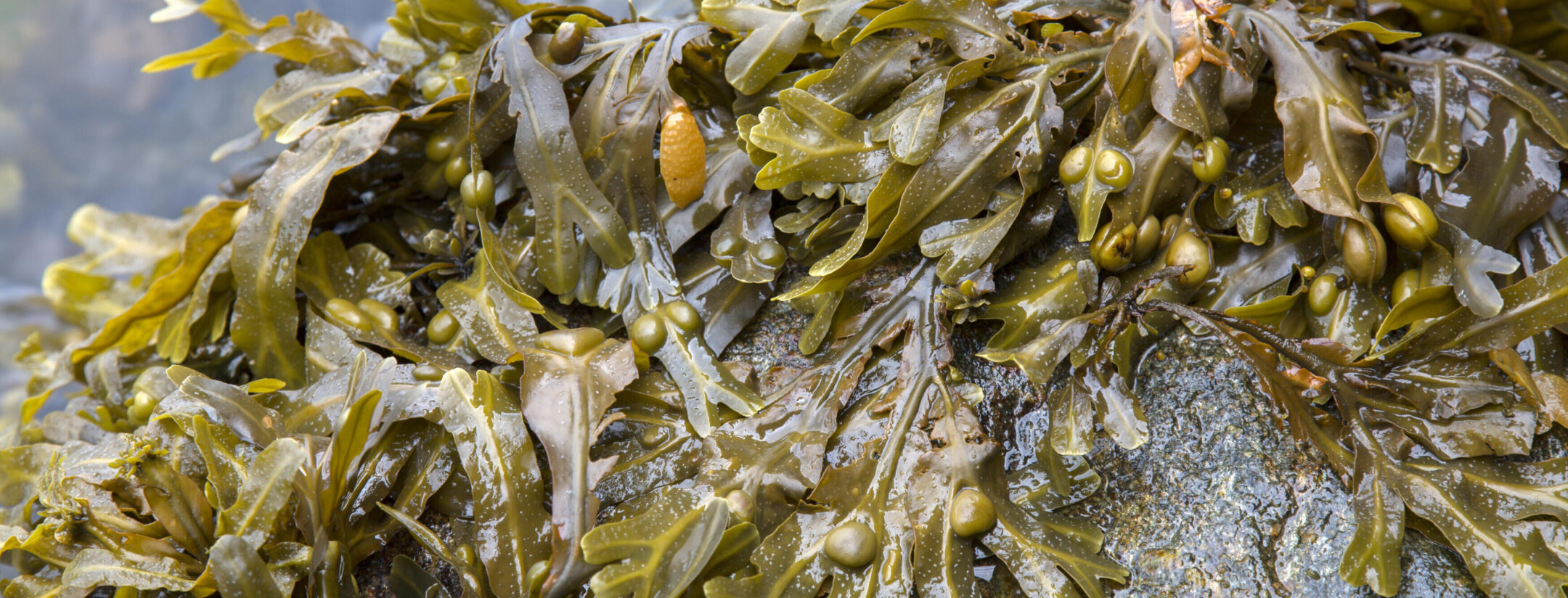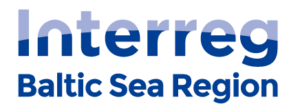CONTRA Baltic Beach Wrack (Conversion of a Nuisance to a Resource and Asset)
Krinova together with other partners from Germany, Poland, Denmark, Estonia, Sweden and Russian Federation are working on the project CONTRA for beach wrack management within the Baltic Sea Region (BSR).
Beach wrack is material, such as torn off sea grass and algae that is washed ashore by wind wave and tide action. It is often regarded as a nuisance and coastal authorities, particularly in tourist resorts, are put under a great deal of pressure to meet demands for it to be removed. Current ‘beach cleaning’ practices are costly for the local communities and are often in direct conflict with measures to safeguard the environment.
The project CONTRA (Conversion of a Nuisance To a Resource and Asset) aims to compile the knowledge required for the sustainable management of beach wrack. It is operating at six case study sites to assess the environmental, social & economic impact of wrack removal. It will also open up new opportunities for treatment and reuse options incl. fertilizer / soil improvers, bio-char, algae bio-covers for landfills, coastal protection / dune formation, biogas production and water quality improvement.
The project will develop a ‘tool-kit’ of management & recycling options that will ensure that all BSR municipalities can balance tourists’ demands for clean beaches with environmental protection. Over the project’s lifetime, an international network of stakeholders will be installed to exchange knowledge, build capacity & raise awareness including the promotion of low-treatment and no-treatment options.
The main focus of Krinovas project activities is on supporting the development of sustainable Business Models. The work will start from the local context of the case study sites and later be translated into a resource for any context (national, regional). The process will be designed according to the Krinova-way and will be conducted in close relation with the case study sites building on open design and involving local stakeholders and partners to contribute to the process. The final result will published in the ‘tool-kit’ for management & recycling.
Co-financed by: The European Regional Development Fund, ERDF.
EU Interreg B Program 2014-2020





